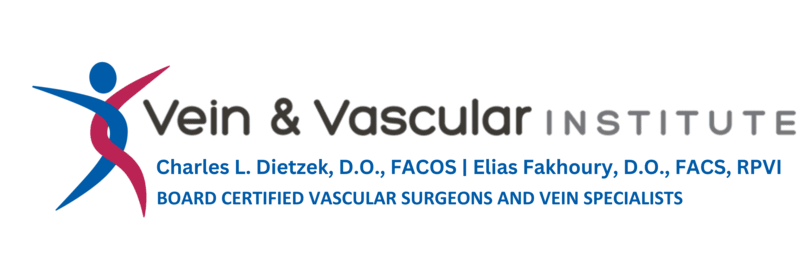There are numerous reasons why varicose veins develop. And, there are certain risk factors that increase your chances of developing them. While you can’t prevent them from forming, there are things you can do to keep them from becoming worse and delay new varicose vein formation.
Risk factors play a significant role in whether you will develop varicose veins or not. Some risk factors include:
- Being a woman
- Age
- Obesity
- Family history
- Pregnancy
- Prolonged standing or sitting
- Contraception therapy
- Hormonal replacement
So, what can you do to help prevent worsening of existing varicose veins and formation of new ones?
Table of Contents
Toggle1. Exercise Regularly
The best way to keep your blood flowing, leg muscles toned and weight under control is by staying fit. If you’re obese or overweight, lose weight. Controlling your weight helps prevent extra pressure buildup on the veins of your feet and legs.
2. Avoid Tight Clothing
Tight clothes can constrict blood flow in your legs, groin or waist. So, you’ll want to avoid wearing this type of clothing. You should also not wear high heel shoes for long periods of time. Low or flat shoes improve calf muscle tone and are better for circulation.
3. Avoid Prolonged Periods of Standing or Sitting
Avoid standing or sitting for long periods of time which helps encourage blood flow. If your job or other daily tasks require you to stand on your feet all the time, you might want to wear daily support hose. Exercise and stretch your legs as much as possible to reduce pressure buildup and increase circulation.
4. Quit Smoking
If you smoke, try and quit. Smoking could contribute to varicose vein development.
5. Sleep on Left Side When Pregnant
If you’re pregnant, sleep on your left side instead of on your back to reduce pressure from your uterus on your pelvic area veins. Sleeping on the left side also improves blood flow to the fetus.
6. Wear Compression Hosiery
Compression stockings and socks can help keep your vein valves in the proper position, making it simpler for your veins to properly function. They also help reduce swelling, blood pooling and pain. Wearing compression hosiery during the day can also help you experience fewer cramps at night. Talk to your doctor about the different compression levels since the best ones will depend on how damaged your veins are. The four compression levels are:
- Mild
- Moderate
- Firm
- Extra firm
7. Elevate Your Legs
When standing up, your veins are working extremely hard against gravity as they’re pumping blood to your heart. Elevating your legs will help make the job less stressful for your veins. For example, when at work, use a chair or other object to elevate your legs. At home, you could use a recliner while you’re watching TV.
As time goes on, the vein valves become weaker and cause varicose veins to get worse. While there’s not a whole lot you can do about your family history, age or gender, you can exercise regularly, eat a healthy diet, keep your blood pressure healthy and other things that are in your control.
